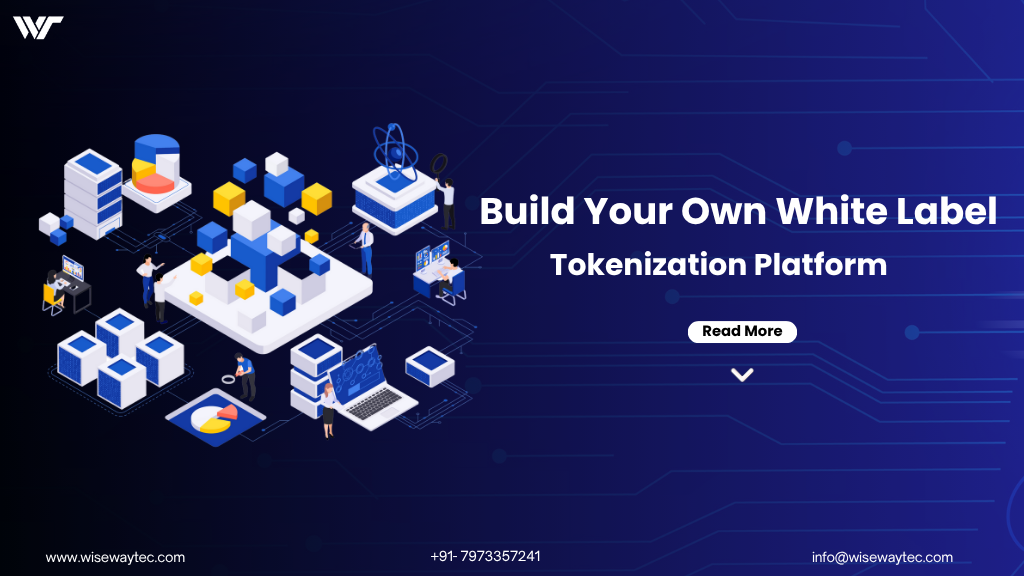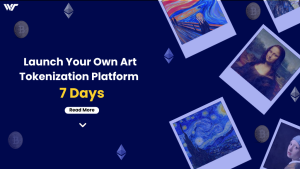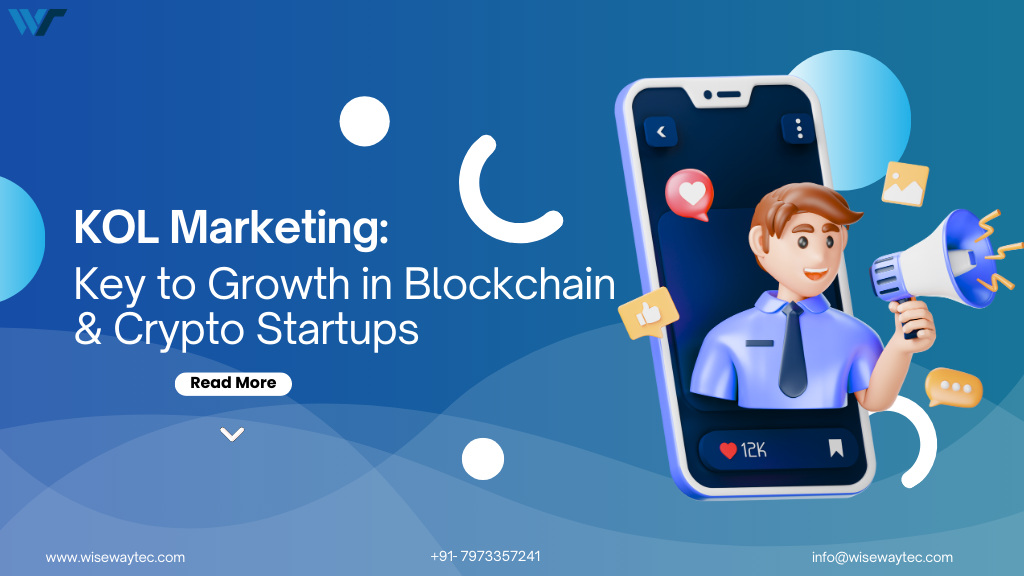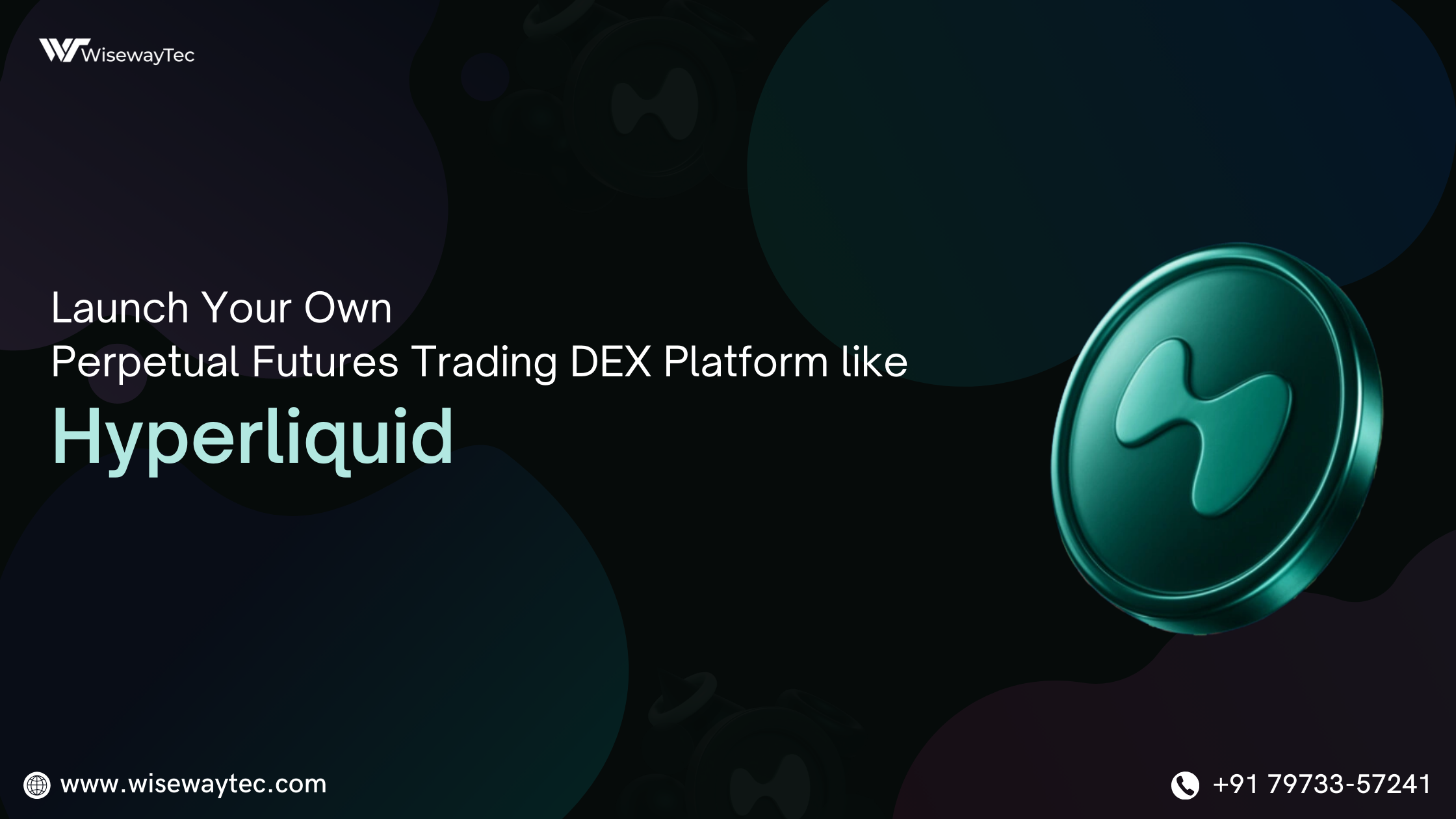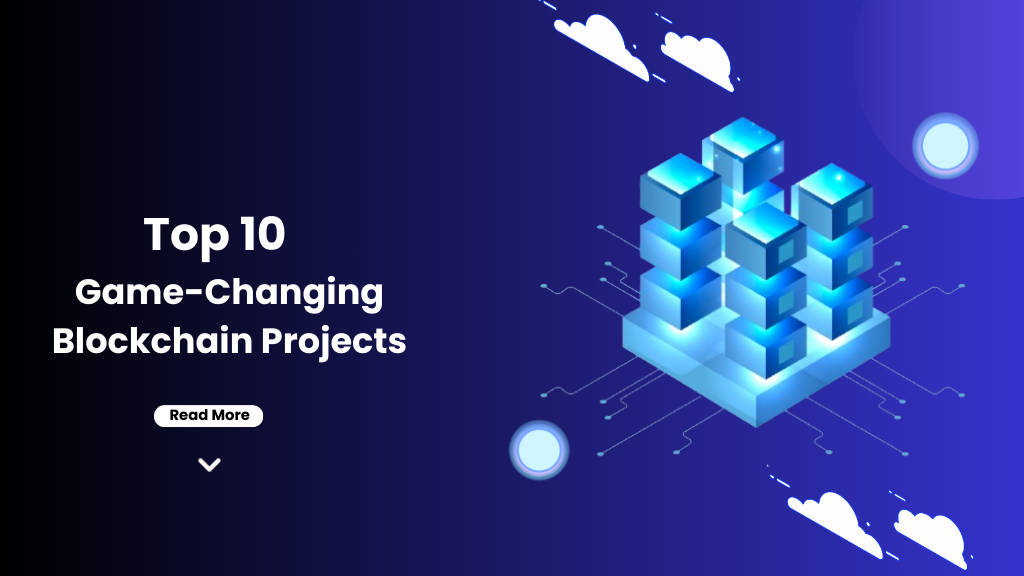The world of finance and technology are moving forward faster than ever, leading to new tools and systems that make digital ownership and trading more accessible to everyone. From cryptocurrencies to digital ownership, tokenization has become one of the biggest shifts in how assets are managed and traded today. Businesses across real estate, investment, and even entertainment are realizing that tokenization is not just a passing trend, it’s a smarter, more transparent way to represent ownership and value.
But there’s a big problem: building a blockchain-based tokenization system from the ground up is expensive, slow, and complicated. It can take over a year, require a full development team, and cost millions of dollars.
That’s why many forward-thinking businesses are now turning to white label tokenization platforms pre-built, ready-to-customize blockchain development solutions that can be branded as your own. These platforms give companies the power to launch quickly, stay compliant, and save huge amounts of time and money.
The Global Shift Toward Tokenization: A Growing Digital Revolution
The world is quickly moving toward tokenization as businesses and investors embrace digital assets. In 2024, the global tokenization market was valued at around USD 3.32 billion, and it’s expected to climb to USD 3.95 billion in 2025 and reach nearly USD 12.83 billion by 2032, growing at a strong annual rate of about 18.3%. North America currently leads the trend, holding roughly 36% of the global market share.
This rapid growth comes from the global push for digitization and secure data handling. As more industries adopt digital payment systems and online transactions, the need for safer, faster, and more transparent solutions is rising. Tokenization helps businesses protect sensitive data while improving transaction efficiency. With technology advancing at a rapid pace, the tokenization market is set to become a key part of the global digital economy.
Understanding White Label Tokenization
Before we go further, let’s understand what a white label tokenization platform actually is.
In simple terms, it’s a pre-developed digital system that allows businesses to create, manage, and trade tokenized versions of assets — like property, stocks, or commodities — without building the technology from scratch.
Imagine you want to launch your own real estate tokenization platform. Instead of hiring a blockchain team and spending months building, testing, and securing your system, you can simply use a white label real estate tokenization platform from a trusted provider.
You’ll get everything ready-made:
- A secure blockchain foundation
- Wallets for users to store and trade tokens
- Built-in compliance with KYC (Know Your Customer) and AML (Anti-Money Laundering) rules
- Custom branding options for your business name, logo, and interface
This approach helps you focus on business growth while the technical backbone is already taken care of.
Building from Scratch vs. Using a White Label Platform
When companies explore blockchain technology, they often face a big decision: should they build their own system or use a ready-made white label solution?
Here’s a Simple Comparison:
| Aspect | Building from Scratch | White Label Tokenization Platform |
| Development Time | 6–18 months | 3–8 Weeks |
| Cost | Very High | Much Lower |
| Maintenance | Requires Team | Handled by Provider |
| Compliance | Must be built manually | Built-in Modules |
| Scalability | Depends on Architecture | Ready to Scale |
| Customization | Fully Flexible but Time-Consuming | Flexible & Quick |
It’s clear why so many businesses are moving toward white label tokenization platform development — it saves both time and resources while still allowing room for customization.
Why Businesses Prefer White Label Tokenization Platforms
1. Faster Time to Market
In the blockchain world, being first often means winning. Developing a custom system can take a year or more, which is a huge delay in a rapidly evolving market.
With a white label digital asset platform, your business can go live in a matter of weeks. That means you can start offering tokenized products, attract investors, and generate revenue faster than your competitors.
2. Lower Development and Maintenance Costs
Custom blockchain projects are expensive — from hiring developers and security experts to handling audits and compliance. However, with modern crypto token development and white label tokenization solutions, businesses can cut down on both cost and complexity. By choosing a white label tokenization solution provider, you only pay for customization and branding, not for the entire infrastructure. This significantly reduces upfront investment while maintaining high-quality performance and scalability.
3. Built-in Compliance and Security
Blockchain and digital assets must follow strict laws related to financial transactions, investor protection, and data privacy.
A white-label asset tokenization platform includes integrated KYC/AML checks, smart contract audits, and data encryption. This means your business stays compliant without needing to hire extra legal or compliance teams.
4. Focus on Core Business Goals
Managing blockchain development is complex. When you choose a white label tokenization platform solution, you don’t need to worry about coding, server management, or updates.
You can focus on what really matters — marketing your platform, growing your user base, and managing assets.
5. Scalable and Future-Ready Technology
A good white label token creation platform is built to handle large transaction volumes and adapt to new asset types.
As your business grows, your platform can easily expand into new markets or add new asset classes such as real estate, NFTs, or commodities — without needing a full rebuild.
Key Features of a White Label Tokenization Platform
Not all platforms are equal. The best solutions combine security, compliance, and scalability with an easy-to-use interface. Here are the must-have features you should look for:
1. Smart Contract Automation
Smart contracts automate asset transfers, dividend payments, and compliance checks. They eliminate manual errors and reduce operational costs.
2. RWA (Real World Asset) Tokenization
With white label RWA Tokenization platforms, you can tokenize assets like property, bonds, gold, or art. This opens investment opportunities for global audiences and makes illiquid assets easily tradable.
3. Multi-Chain Compatibility
Your platform should support multiple blockchain networks like Ethereum, Polygon, or Binance Smart Chain. This flexibility increases liquidity and accessibility for investors.
4. Integrated Wallet System
A digital asset management system should allow users to store, send, and receive tokens securely. Wallets may be custodial or non-custodial, depending on your business needs.
5. Custom Branding and UI/UX
A white label tokenization platform development lets you design your own user interface — including logo, color theme, and layout — to maintain your brand identity.
6. Analytics & Reporting Tools
Advanced dashboards help you track transactions, user engagement, and compliance data. This makes it easy to monitor platform performance and make informed business decisions.
7. Fractional Ownership Options
Allowing investors to buy small portions of large assets increases accessibility and liquidity. This is especially powerful for real estate tokenization.
Real-World Applications Across Industries
1. Real Estate Tokenization
Real estate tokenization turns property ownership into digital tokens, enabling investors to buy fractions of assets. This lowers entry barriers, improves liquidity, and helps developers raise funds faster through transparent, blockchain-based real estate investments.
2. Equity & Security Tokens
Businesses can tokenize shares or bonds, making them easily tradable and transparent. This improves investor access, ensures secure transactions via smart contracts, and enables companies to raise global capital faster without relying on traditional exchanges.
3. Commodities & Precious Metals
Tokenizing assets like gold, oil, and silver allows investors to trade securely without handling physical commodities. It enhances liquidity, transparency, and accessibility while letting investors diversify portfolios with lower costs and fewer barriers.
4. NFTs and Digital Assets
Artists, creators, and game developers can tokenize digital art, music, or in-game assets as NFTs. This ensures verified ownership, prevents fraud, and enables creators to earn royalties directly while building stronger connections with their audiences.
5. Supply Chain & Trade Finance
Tokenization in supply chains increases transparency and reduces fraud by converting goods and documents into digital tokens. It improves tracking, accelerates cross-border payments, and simplifies trade finance operations for global businesses.
6. Carbon Credits and Green Investments
Environmental projects can tokenize carbon credits, allowing investors to fund green initiatives transparently. This supports sustainability goals, improves liquidity in carbon markets, and encourages wider participation in eco-friendly investments.
The Future of Tokenization
The tokenization market is growing rapidly. Experts predict that the total value of tokenized real-world assets could reach hundreds of billions of dollars in the next few years.
As regulations become clearer and technology continues to improve, tokenization will become as common as traditional asset trading. We’re entering an era where owning a fraction of a skyscraper or a piece of art will be as easy as buying shares in a company.
White label platforms will play a major role in this future. They make blockchain technology accessible to all kinds of businesses — not just tech giants — and accelerate adoption across industries.
In the coming years, we’ll also see integration with DeFi (Decentralized Finance) and AI-driven analytics, making tokenized assets even more flexible and intelligent. Companies that start today will be far ahead of those who wait.
Why Wisewaytec Leads the Way in White Label Tokenization Platform Development
Wisewaytec has established itself as a trusted name in white label tokenization platform development. With years of experience in blockchain technology, we understand what it takes to create secure, compliant, and scalable systems that truly work for businesses.
Our solutions are built with flexibility at their core. Whether you want to tokenize real estate, securities, or other digital assets, Wisewaytec’s platforms provide all the tools and integrations you need to succeed.
From onboarding investors to automating transactions with smart contracts, every element is designed to be user-friendly and reliable. You get to own your platform, your data, and your brand — we handle the technology that powers it.
At Wisewaytec, our mission is simple: to make tokenization easy, affordable, and accessible for every business.
Conclusion
Building a blockchain platform from scratch might sound appealing, but in reality, it can slow your business down. In an industry where timing, trust, and technology matter most, white label solutions are the smart choice.
With a white label tokenization platform, you don’t just save time and money — you also gain peace of mind knowing that your system is secure, compliant, and scalable.
Businesses across industries are already reaping the rewards of going white label, from faster launches to greater investor confidence.
If you’re ready to bring your assets to the blockchain and want to do it the smart way — Wisewaytec is here to help. We combine technical excellence with business understanding to deliver platforms that perform, protect, and grow with you.
Take the next step into the digital asset future — build your own white label tokenization platform with Wisewaytec and see how easy innovation can be.
Frequently Asked Questions
1. Why Are White Label Tokenization Platforms Popular?
Because they save time and money. Instead of building a complex system from zero, you get a ready-made platform that’s secure, compliant, and customizable for your business.
2. Are These Platforms Safe to Use?
Yes. Wisewaytec’s platforms come with enterprise-grade security, including data encryption, multi-signature wallets, and smart contract audits to ensure total safety.
3. How Long Does It Take to Launch One?
Depending on the customization, most businesses can launch their platform in as little as 4 to 8 weeks.
4. What Kinds of Assets Can Be Tokenized?
Almost anything of value — real estate, stocks, gold, artwork, carbon credits, or even digital collectibles.
5. How Much Does It Cost to Develop One?
The cost depends on your customization needs, but it’s significantly lower than developing a custom blockchain system from scratch.

